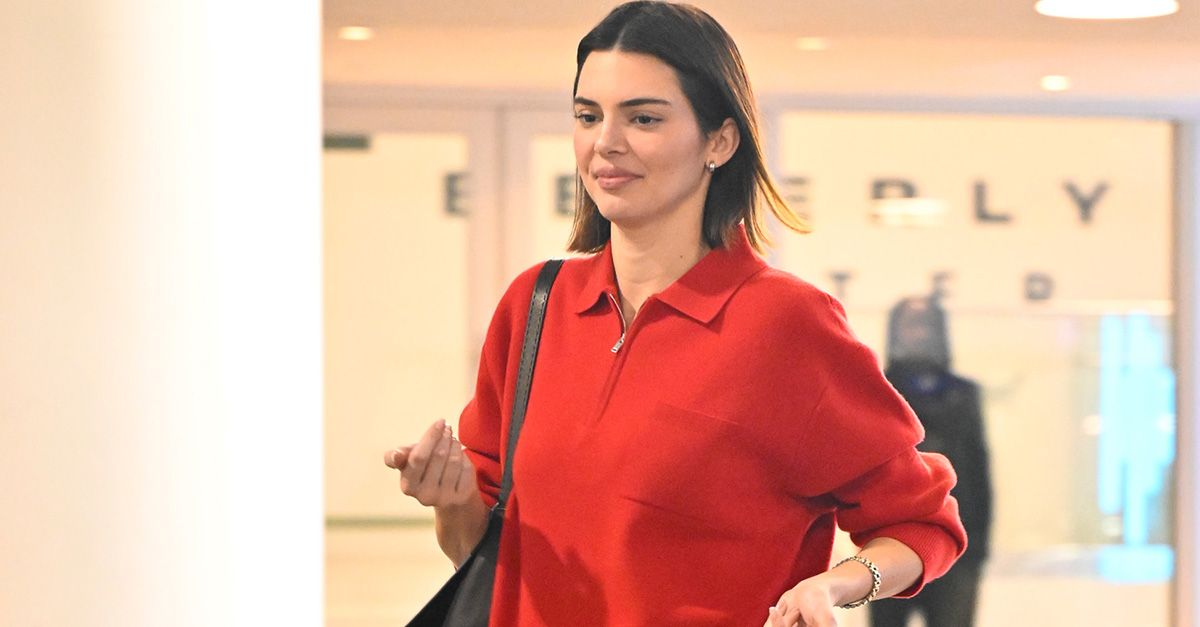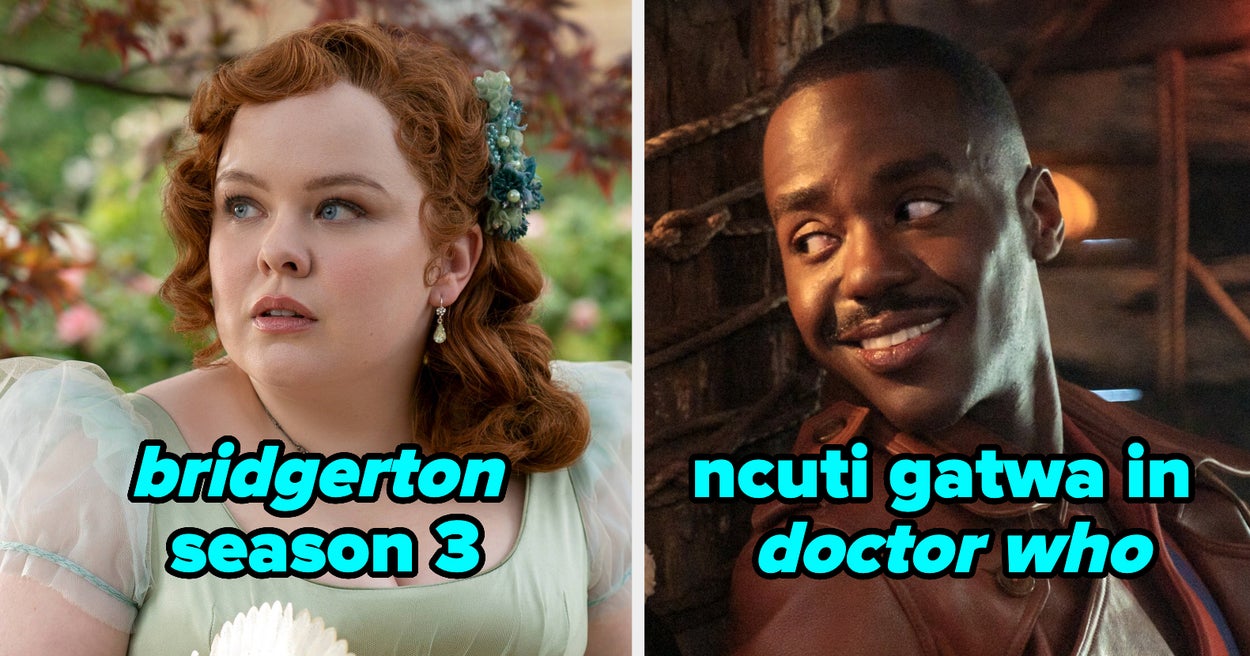Below you’ll discover the clue for Final Jeopardy today on July 26, 2024. Now a two-day Jeopardy champion, Davey Morrison did answer the final clue correctly on the July 26 show. He has a fair amount of winnings so far, just above $29,000 in total. Rachel Bradley from Maryland and Steve Babich from San Jose will attempt to challenge him in tonight’s game. Along with the wagers and the winner, here is the question and answer for Final Jeopardy on 7/26/2024.

Final Jeopardy Question for July 26
The Final Jeopardy question for July 26, 2024 is in the category of “Ancient Animals” and has the following clue:
The first fossils of these creatures with an elongated 4th digit were described in 1784 by naturalist Cosimo Collini
The answer to this clue is located in the last section of this guide, so we recommend scrolling slowly unless you want to know the solution right away.
Final Jeopardy Wagers and Winner for July 26
For the July 26, 2024 game, Rachel became the new champion with the only one with the correct answer to Final Jeopardy.
Rachel was in the lead going into the final clue with $11,800 with only a $300 lead. She risked nearly double her money with a $11,797 wager and won with $23,597.
Steve was close in second with $11,500 heading into Final Jeopardy, but answered correctly. He lost a wagered $1,400 to end up in second place overall with $10,100. Returning champion Davey had a rough outing, ending up with $6,400 after the second round. He risked $5,401 and lost it, leaving with $999 in third place.
Final Jeopardy Answer for July 26
The right answer for Final Jeopardy on July 26, 2024 is “What are pterodactyls?”
Indeed, the first specimen for the Pterodactylus antiquus was described by Cosimo Allesandro Collini based on a skeleton found in Bavaria in 1784. At the time, he could not figure out whether the animal actually flied, since it did not look much like birds or bats. It wasn’t until 1800 that German and French scientist Johann Hermann hypothesized that the fourth digit of the pterodactyl was used for a wing.


























































![Mason Ramsey – Twang [Official Music Video] Mason Ramsey – Twang [Official Music Video]](https://i.ytimg.com/vi/xwe8F_AhLY0/maxresdefault.jpg)


















:quality(85):upscale()/2025/01/15/863/n/49352476/9e69ba8767880fdc9084b2.84057222_.png)


